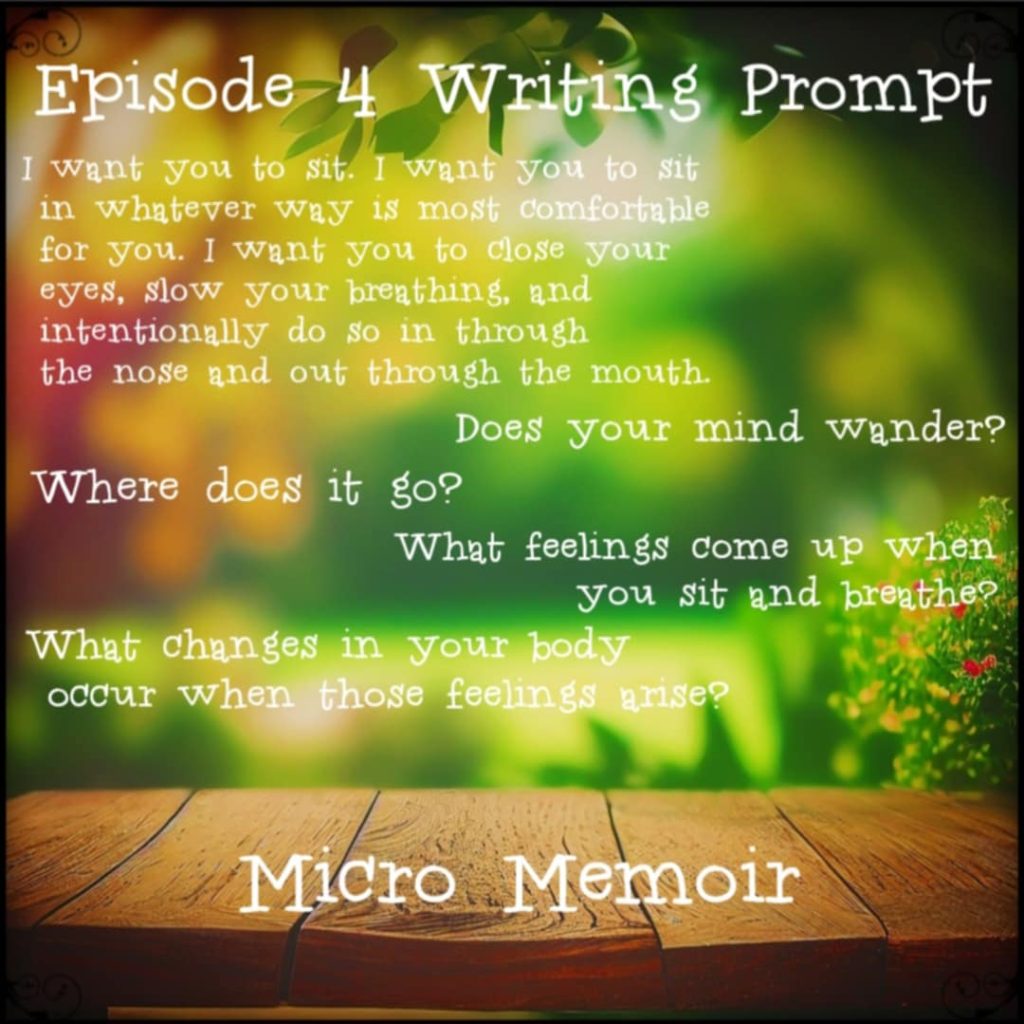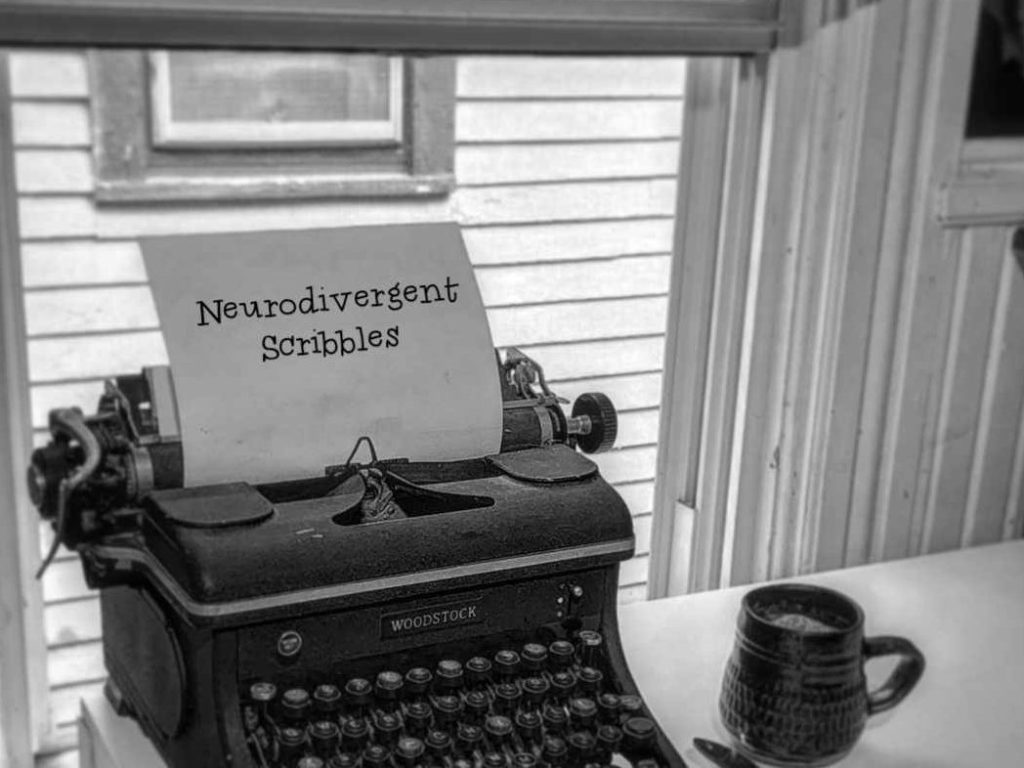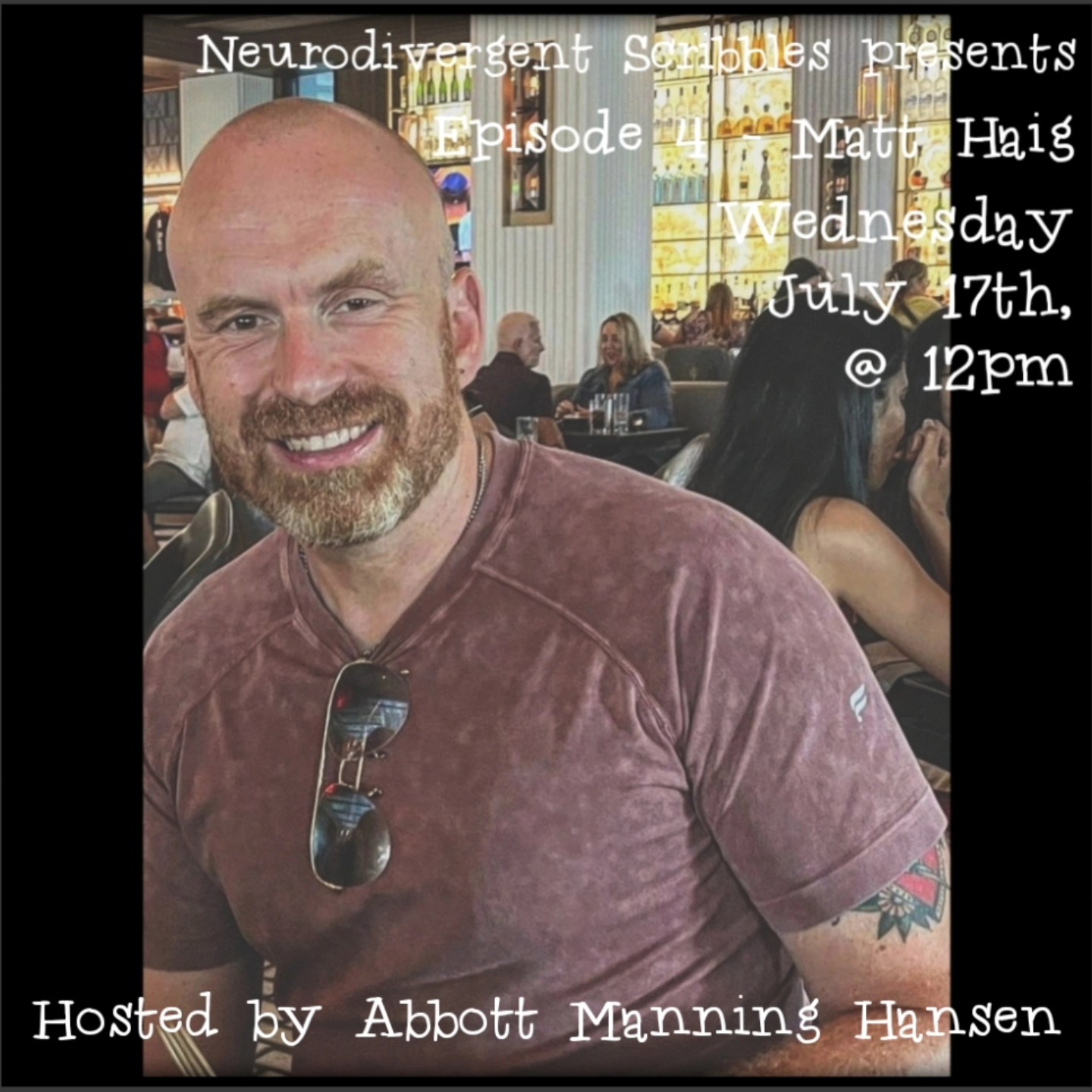www.matthaig.com
X(Formerly Twitter) – @matthaig1
Instagram – @mattzhaig
Threads – @mattzhaig
Author photo courtesy of Matt Haig on Instagram @mattzhaig
If you or someone you know is struggling or having thoughts of suicide, call or text the 988 Suicide and Crisis Lifeline at 988 or chat at 988lifeline.org . In life-threatening situations, call 911. A list of international resources can be found here: https://en.wikipedia.org/wiki/List_of_suicide_crisis_lines
Transcript
Welcome to Neurodivergent Scribbles, a writing podcast curated for neurodivergent people, by neurodivergent people. Today is Wednesday, July 17th, 2024. I’m your host, Abbott Manning Hansen.
Content warning – This episode talks about death, suicide, and mental illness. Listener discretion is advised.
Today’s featured writer is Matt Haig.
International best selling author. Twenty-seven novels, geared toward children and adults, alike, in both fiction and non-fiction. A lyricist for Andy Burrows, on his album, Reasons To Stay Alive, inspired by Matt’s novel of the same name. Two film adaptations and one radio broadcast adaptation, as of this recording. Two book awards, one nomination, and shortlisted for a third. He even appeared on the podcast, Storybound, a literary theater podcast by Literary Hub. First published in 2002, Matt Haig has been writing for over two decades. Though he typically stays within the realm of speculative fiction, his non-fiction works are also just as masterfully written. Many of which take from his own lived experiences surrounding mental health and neurodiversity.
I did some digging on Matt. He doesn’t have much of a social media presence, save for his X and Instagram accounts. But what he does with those accounts is brilliant! As an advocate for mental health and authenticity, myself, I can appreciate how he has taken his platform and been very real with his audience. He’s not afraid to share his struggles, which I find to be exceedingly refreshing for someone of international renown. He often posts raw and genuine, albeit inspirational, tidbits about his lived experiences. This not only makes him more human as a famed writer, but also opens up a narrative for others living with similar struggles. Fear doesn’t keep him from being sincere with his fans. And this forthright honesty is why I featured him.
A staunch member of Gen X, Matt Haig was born in England in 1975. He studied English and History at the University of Hull, becoming a journalist and a writer. At age 24 at the turn of the century, Matt suffered from a debilitating mental breakdown. Serving as inspirations for some of his works, this crippling collapse of cognition left him with anxiety in his later years. And, like many of his generation, he is a late-in-life ADHD and Autism diagnosee. And, although his neurodivergence requires assistance from others for everyday tasks like travel, he hasn’t let it stop him from accomplishing his goals. He is a self-proclaimed open-minded and spiritual individual, as referenced in an article written for Church Times by Martin Wroe. “One of the paths back to his own good health was in books and reading. If anything, books are his one true faith, and the library is his church.”
Published in 2020, The Midnight Library is an adult fiction novel that follows a 35-year-old British woman unhappy in her dead-end life who is given the opportunity to experience lives she might have had if she had made different choices. It was abridged for radio broadcast. It got rave reviews from numerous publications, and was named a bestseller by The New York Times, The Boston Globe, and The Washington Post. Good Morning America even selected it as a Book Club Pick! It was the winner of the Goodreads Choice Award for Fiction in 2020, nominated for the Audie Award for Fiction that same year, and was shortlisted for the British Book Award Fiction Book Of The Year in 2021. Reviews of the book say, “This book was so beautifully written and I love the way this book asks the question: what is the best way to live?”, “This is one of the best sci-fi dances with fantasy which carries additional philosophic vibes novel of the year!”, and “It is no secret that Matt Haig has mental health issues, dogged by the darkness of depression that has taken its toll on his life. His acute observations and experience of his condition informs this exquisite, inspiring, compassionate and empathetic novel where he creates the concept of the midnight library, to be found in the spaces between life and death, to explore life, the issues that afflict our world, through philosophy and more, endeavouring to tease out what might make life worth living and a joy and what gives it meaning.”
Today’s excerpt is To Live Is To Suffer from The Midnight Library. Let’s dive in, shall we?
To Live Is To Suffer –
Nine hours before she decided to die, Nora wandered around Bedford aimlessly. The town was a conveyor belt of despair. The pebble-dashed sports centre where her dead dad once watched her swim lengths in the pool, the Mexican restaurant where she’d taken Dan for fajitas, the hospital where her mum had her treatment.
Dan had texted her yesterday.
Nora, I miss your voice. Can we talk? D x
She’d said she was stupidly hectic (big lol), Yet it was impossible to text anything else. Not because she didn’t still feel for him, but because she did. And couldn’t risk hurting him again. She’d ruined his life. My life is chaos, he’d told her, via drunk texts, shortly after the would-be wedding she’d pulled out of two days before.
The universe tended towards chaos and entropy. That was basic thermodynamics. Maybe it was basic existence too.
You lose your job, then more shit happens.
The wind whispered through the trees.
It began to rain.
She headed towards the shelter of a newsagent’s, with the deep – and, as it happened, correct – sense that things were about to get worse.
Matt and Nora have something in common; they both suffer from depression. Many neurodivergent people cope with the truly destructive force of depression. There is strong comorbidity between neurodiversity and depression. This means that there is a strong chance of being neurodivergent and depressed at the same time. According to the World Health Organization, approximately 3.8% of the global population suffers from depression at any given moment, which is approximately 302,138,000 people. Symptoms for depression can vary, but the hallmarks are: Persistent sad, anxious, or “empty” mood, Feelings of hopelessness or pessimism, Feelings of irritability, frustration, or restlessness, Feelings of guilt, worthlessness, or helplessness, Loss of interest or pleasure in hobbies and activities, Fatigue, lack of energy, or feeling slowed down, Difficulty concentrating, remembering, or making decisions, Difficulty sleeping, waking too early in the morning, or oversleeping, Changes in appetite or unplanned weight changes, Physical aches or pains, headaches, cramps, or digestive problems without a clear physical cause that do not go away with treatment, Thoughts of death or suicide or suicide attempts, Increased anger or irritability, Feeling restless or on edge, Becoming withdrawn, negative, or detached, Increased engagement in high-risk activities, Greater impulsivity, Increased use of alcohol or drugs, Isolating from family and friends, Inability to meet the responsibilities of work and family or ignoring other important roles, and Problems with sexual desire and performance. Although this isn’t an exhaustive checklist, these are symptoms to look out for if you suspect yourself or someone you care about of suffering from depression. If you or someone you know is struggling or having thoughts of suicide, call or text the 988 Suicide and Crisis Lifeline at 988 or chat at 988lifeline.org. In life-threatening situations, call 911. International resources will be listed in the description. Now, for today’s prompt, I want you to sit. I want you to sit in whatever way is most comfortable for you. I want you to close your eyes, slow your breathing, and intentionally do so in through the nose and out through the mouth. Does your mind wander? Where does it go? What feelings come up when you sit and breathe? What changes in your body occur when those feelings arise? The form of writing for this one is going to be a micro memoir. Micro memoirs are very short standalone pieces, often exploring a moment in time, drawn from personal experience. The best micro memoirs combine truth-telling with narrative tension and are specific, not general. Let the moment or personal experience be dictated by the feelings and changes in your body when those feelings come up. A fair warning, this exercise can be VERY HEAVY. It could very easily bring up feelings and physical changes within your body that are connected to trauma. So, please, if you do this, be sure you’re in a stable enough mindset to do so. And, if it gets to be too much, stop and engage in some self-care. This is something you can revisit later, when you’re ready. There’s no requirement here. And, for this prompt, at least, I will not be taking submissions for features in the next episode. This is a very vulnerable exercise, and if you go through with it, I want you to feel safe enough to do so. No judgment, no qualitative assignment. Just you, your feelings, and the physical changes that come with them.
Today’s ending quote: “He nods, as if to acknowledge that endings are almost always a little sad, even when there is something to look forward to on the other side.” Emily Giffin, from her novel Love The One You’re With.
My name is Abbott Manning Hansen, host of the podcast, Neurodivergent Scribbles. Thanks for listening, and have a creative day, my fellow Scribblers!
References
https://www.goodreads.com/quotes/tag/endings
https://en.wikipedia.org/wiki/Andy_Burrows
https://lithub.com/matt-haig-performs-a-passage-from-the-midnight-library/
https://en.wikipedia.org/wiki/Matt_Haig
https://en.wikipedia.org/wiki/The_Midnight_Library
https://www.who.int/news-room/fact-sheets/detail/depression
https://www.nimh.nih.gov/health/topics/depression
https://www.emilygiffin.com/love-the-one-youre-with
https://www.churchtimes.co.uk/articles/2015/10-april/features/features/now-me-s-message-to-then-me

#author #writer #neurodivergent #autism #autistic #laterinlifediagnosis #lateinlifediagnosis #prompt #prompts #writingprompts #matthaig #mattzhaig #matthaigauthor


Leave a Reply